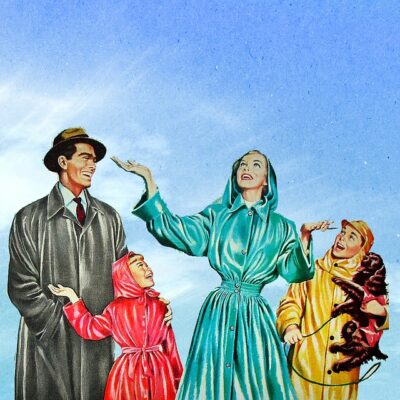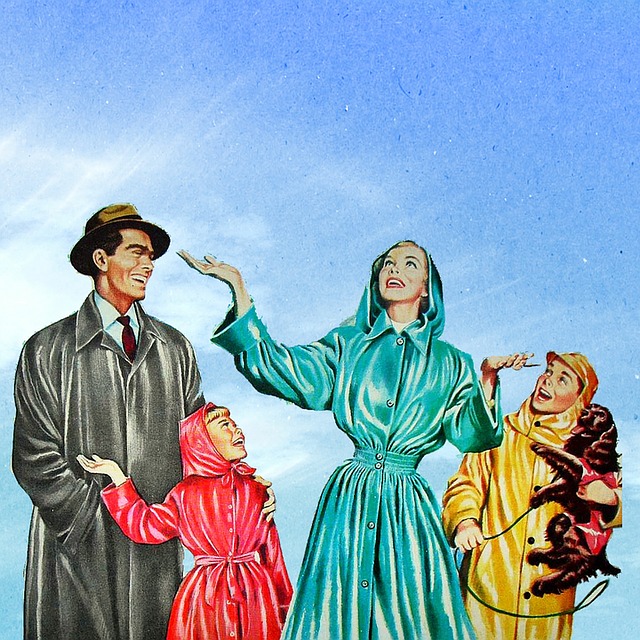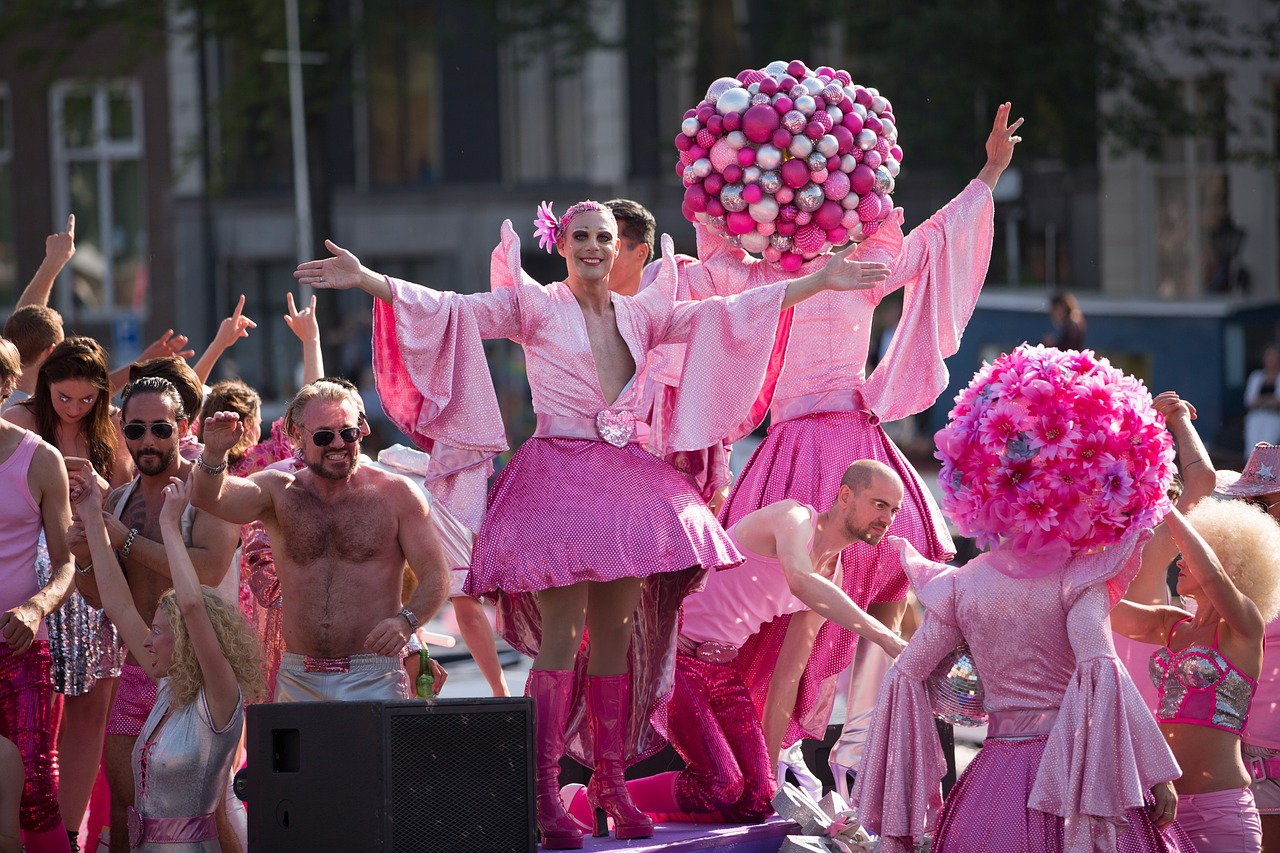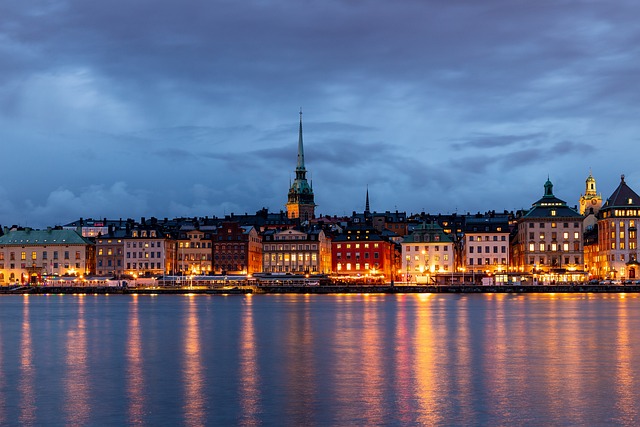 We are not talking about the totalitarian ideologies of the early 20th century, but about the far right that is around us today. What do they really want? And how do their views differ from those of ordinary people? Perhaps they are inspired by the way we lived a few decades ago, when things were different? Is the post-war era their ideal? The 1950-60s, when we built nuclear power stations, moon rockets and supersonic passenger planes?
We are not talking about the totalitarian ideologies of the early 20th century, but about the far right that is around us today. What do they really want? And how do their views differ from those of ordinary people? Perhaps they are inspired by the way we lived a few decades ago, when things were different? Is the post-war era their ideal? The 1950-60s, when we built nuclear power stations, moon rockets and supersonic passenger planes?
A time when it was acceptable to be suspicious of (or even dislike) certain people, peoples, groups, cultures and religions. As long as it didn’t turn into violence and threats, of course. Freedom of expression prevailed to a greater extent.
You were also allowed protect your family, friends, home and country. This was seen as a good thing, and expected of all citizens. It was also not uncommon for people’s sense of community and diligence to result in a fine society, with high standards, a good road network, energy supply and other infrastructure.
Taxes, which were much lower than today, were spent on community projects, which were largely returned to the taxpayer in the form of health care, social services, schools and safety in the streets and squares. Great value was placed on creating a well-functioning and stable country. None of this was seen as a manifestation of extreme politics.
But today’s right-wing extremists are usually not so extreme. They are certainly leading the way on reducing immigration, but otherwise their policies are very similar to those of the establishment. They do not challenge today’s oversized government, high-tax society and heavy-handed laws and regulations that intrude on families and everyday life.
There are some other triggers, which excite people, without really serving many other purposes. In climate policy, the far right can sometimes be sceptical, and this is of course viewed with suspicion as theories about the harmful effects of carbon dioxide are elevated from just theories to religion. They may sometimes side with the anti-abortionists, which is also a violation of opinion, but it is really unclear philosophically how to sort out the issue from a right-left perspective. Restrictive tendencies also exist against left-wing feminism and the so-called LGBTQ community, but it is unclear what people’s private sexuality has to do with overall political decisions. No one will ban homosexuality or chase lesbian couples along streets and squares. Not even the far right.
The far-right president Donald Trump campaigned to decriminalise homosexuality in those parts of the world where these laws still existed. And Marine Le Pen has nearly 50% women on the ballot, not bad for a far-right party. While the loathsome Viktor Orban didn’t impose nearly as harsh Covid-restrictions on his citizens as his softer, more Western-oriented neighbors. And in Sweden, Jimmie Åkesson has turned his party into old-school social democrats, who want to reduce immigration by a few percent.
So, what is the far right really?
Old ideological junk food that was widely accepted a few decades ago? Is it all about tone? Loud people who can’t conduct themselves in nice halls and quiet rooms? Uneducated yokels who have no business in the capital with their tractors, pitchforks and torches? People who don’t get it, and are wrong, no matter what they say or think.
Irritating populism that annoys the establishment and their loyal clients and servants?







